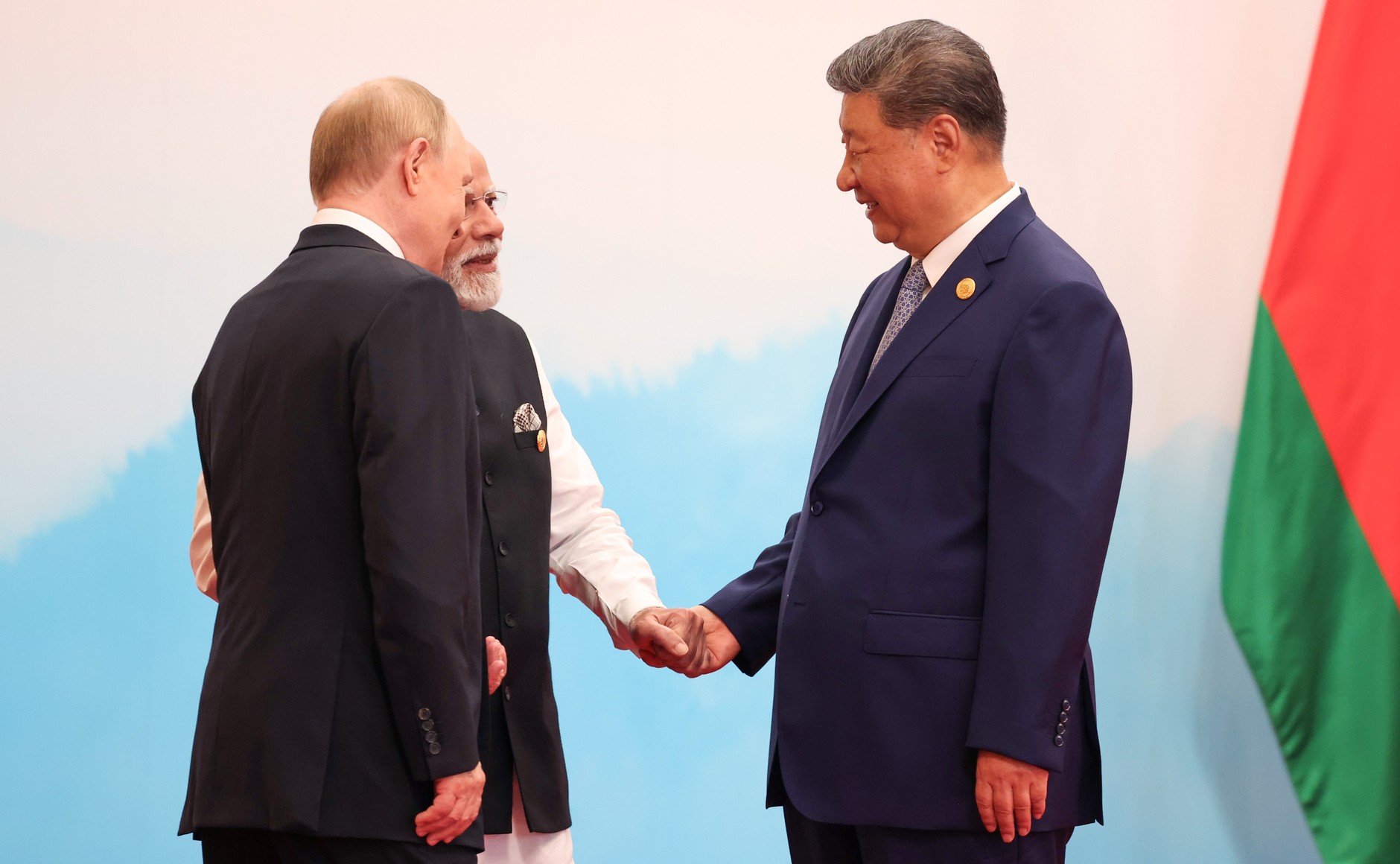Global trade continues to shift under the mounting pressure of U.S. trade policy turbulence, as economies across Asia respond to evolving tariffs, currency maneuvers, and geopolitical alignments. The uncertainty is reshaping supply chains and forcing both governments and businesses to adapt with increasing urgency.
The World Trade Organization (WTO) has sounded a serious warning. According to Director-General Ngozi Okonjo-Iweala, the share of global trade conducted under WTO rules has fallen to just 72%, down from about 80% only a few years ago. She described the decline as the steepest erosion of the global trading system since World War II, driven by escalating use of tariffs as political weapons. The warning underscores how far the world has moved from multilateralism toward fragmented, interest-driven trade blocs.
In Asia, the effects of U.S. tariffs are already visible. India has announced sweeping reforms to its Goods & Services Tax system, slashing rates on hundreds of consumer goods such as appliances, electronics, and small cars. By consolidating tax brackets into just two levels, 5% and 18%, New Delhi aims to stimulate domestic consumption and offset the impact of U.S. tariffs that reach as high as 50% on Indian exports. Economists suggest these measures may temporarily cushion India’s economy, but they also highlight the vulnerability of export-heavy industries when trade partners use tariffs as leverage.
Meanwhile, China is taking a different approach. At the Shanghai Cooperation Organisation summit in Kazakhstan, President Xi Jinping pushed forward a plan to accelerate the use of the yuan in cross-border trade, particularly in Central Asia. The initiative, dubbed the “electro-yuan” strategy, focuses on renewable energy infrastructure and digital finance. Analysts view this as Beijing’s bid to strengthen its financial footprint and erode dollar dominance in regional trade. The move could further tilt the balance of economic power, especially if energy projects succeed in drawing long-term partners away from reliance on the U.S. dollar.
In Washington, political rhetoric is amplifying market anxiety. President Trump suggested that if the U.S. Supreme Court rules against his tariff policies, the government may be forced to “unwind” trade deals with the European Union, Japan, and South Korea. He warned that such an outcome would cause the United States to “suffer so greatly,” adding to the sense of unpredictability surrounding U.S. trade commitments. For Asian economies reliant on stable U.S. access, the possibility of abrupt reversals only deepens uncertainty.
Taken together, these developments illustrate a world in which trade is increasingly shaped by political calculations rather than economic logic. For businesses, this means revisiting assumptions about stable supply chains and predictable trade rules. Exporters must prepare for volatility in tariffs, while investors should monitor currency strategies such as China’s yuan push. Policymakers across Asia, meanwhile, face the delicate task of balancing domestic resilience with global integration at a time when the very foundations of the multilateral system are under strain.
The global trading landscape is becoming less cooperative and more fragmented. For firms operating across U.S.–Asia corridors, adaptability, diversification, and risk management are no longer optional, they are essential.
Associated Press. (2025, September 2). India to cut taxes on hundreds of consumer goods to boost local demand following steep US tariffs. AP News. https://apnews.com/article/9538843a2bde3124004273756b26db6b
Reuters. (2025, September 2). Tariffs cause unprecedented disruption to global trade rules, WTO chief says. Reuters. https://www.reuters.com/world/china/tariffs-cause-unprecedented-disruption-global-trade-rules-wto-chief-says-2025-09-02/
Reuters. (2025, September 3). Trump says U.S. may have to unwind trade deals, will “suffer greatly” if it loses tariff case. Reuters. https://www.reuters.com/world/asia-pacific/trump-says-us-may-have-unwind-trade-deals-will-suffer-greatly-if-it-loses-tariff-2025-09-03/
Reuters Breakingviews. (2025, September 3). Central Asia electro-yuan can be Xi’s summit win. Reuters. https://www.reuters.com/commentary/breakingviews/central-asia-electro-yuan-can-be-xis-summit-win-2025-09-03/








